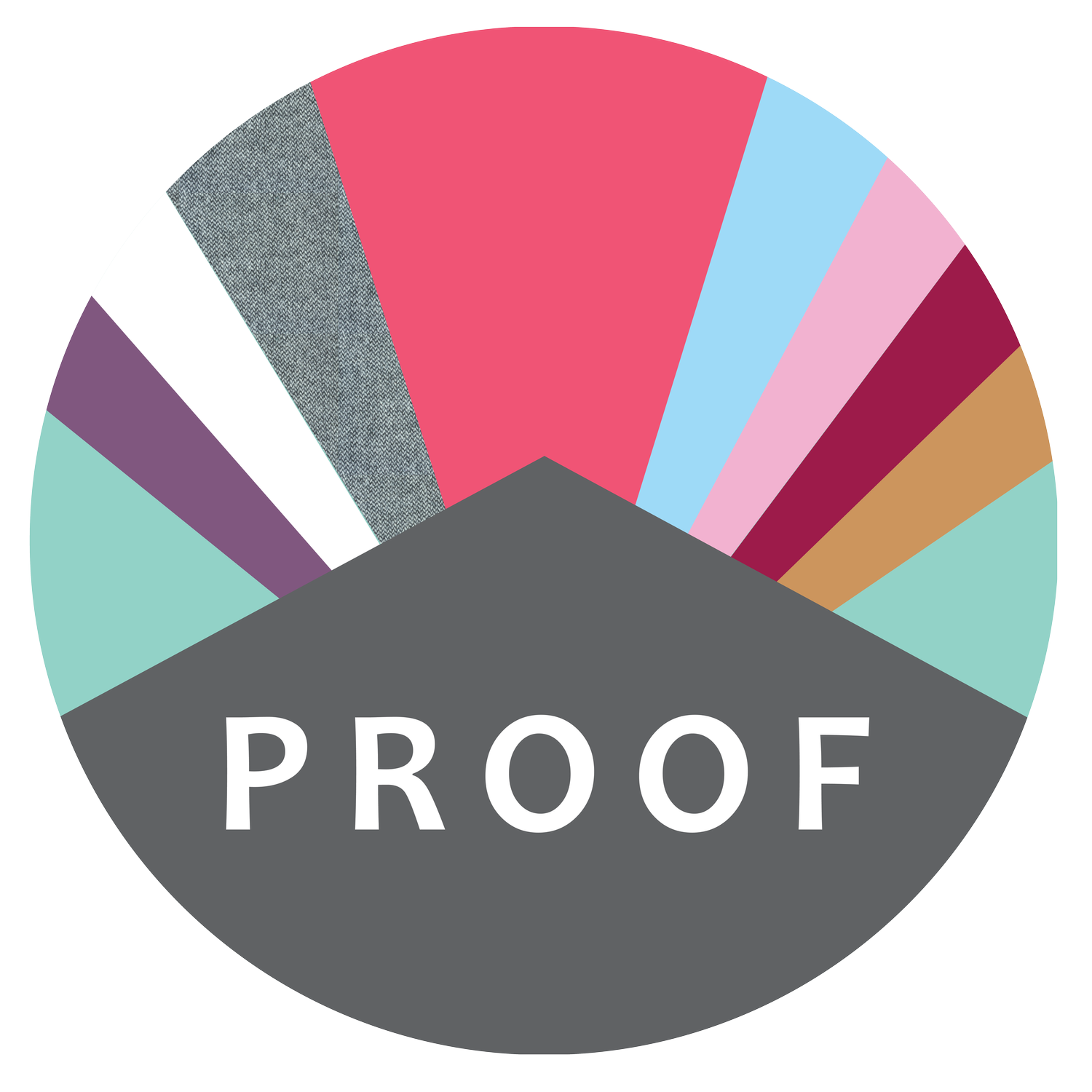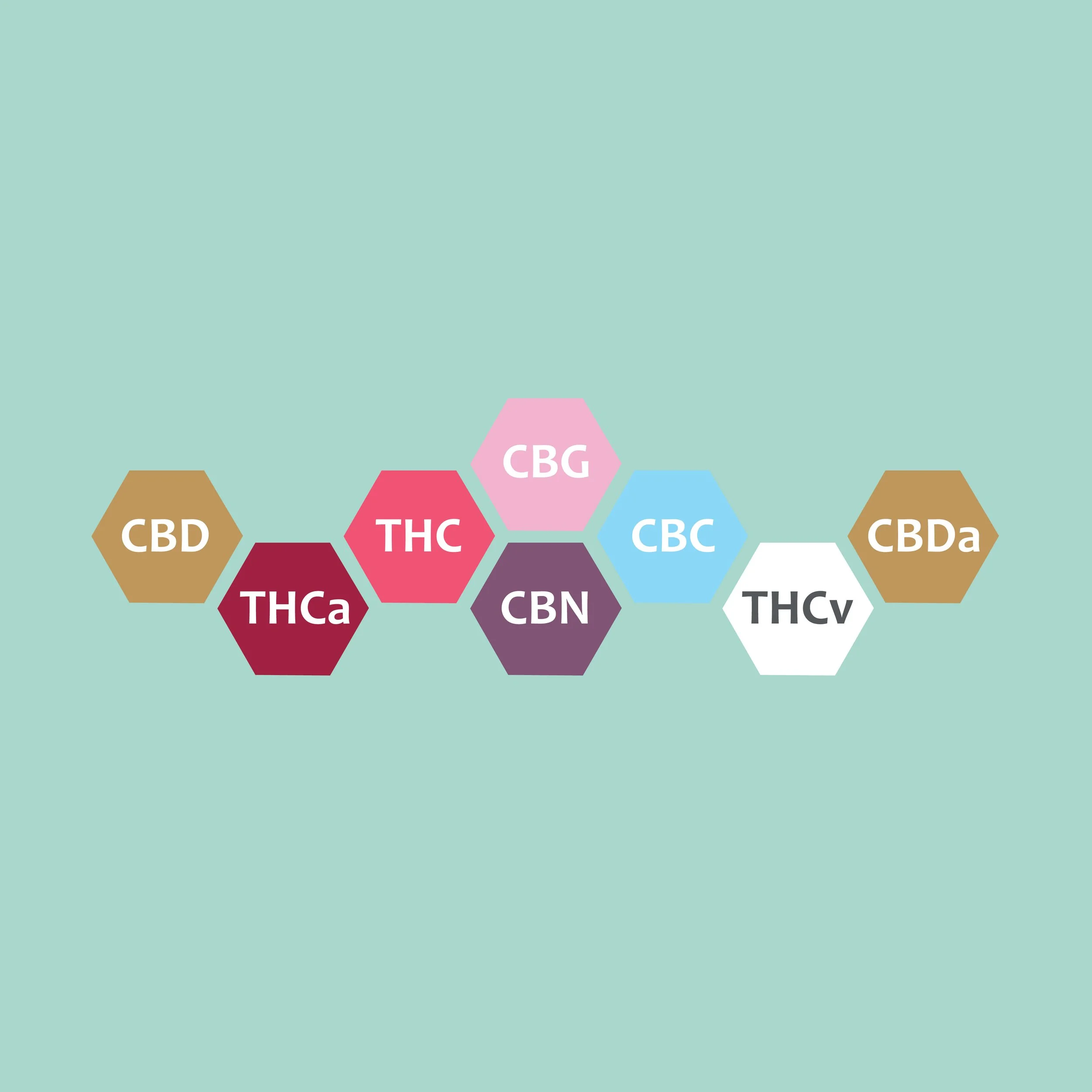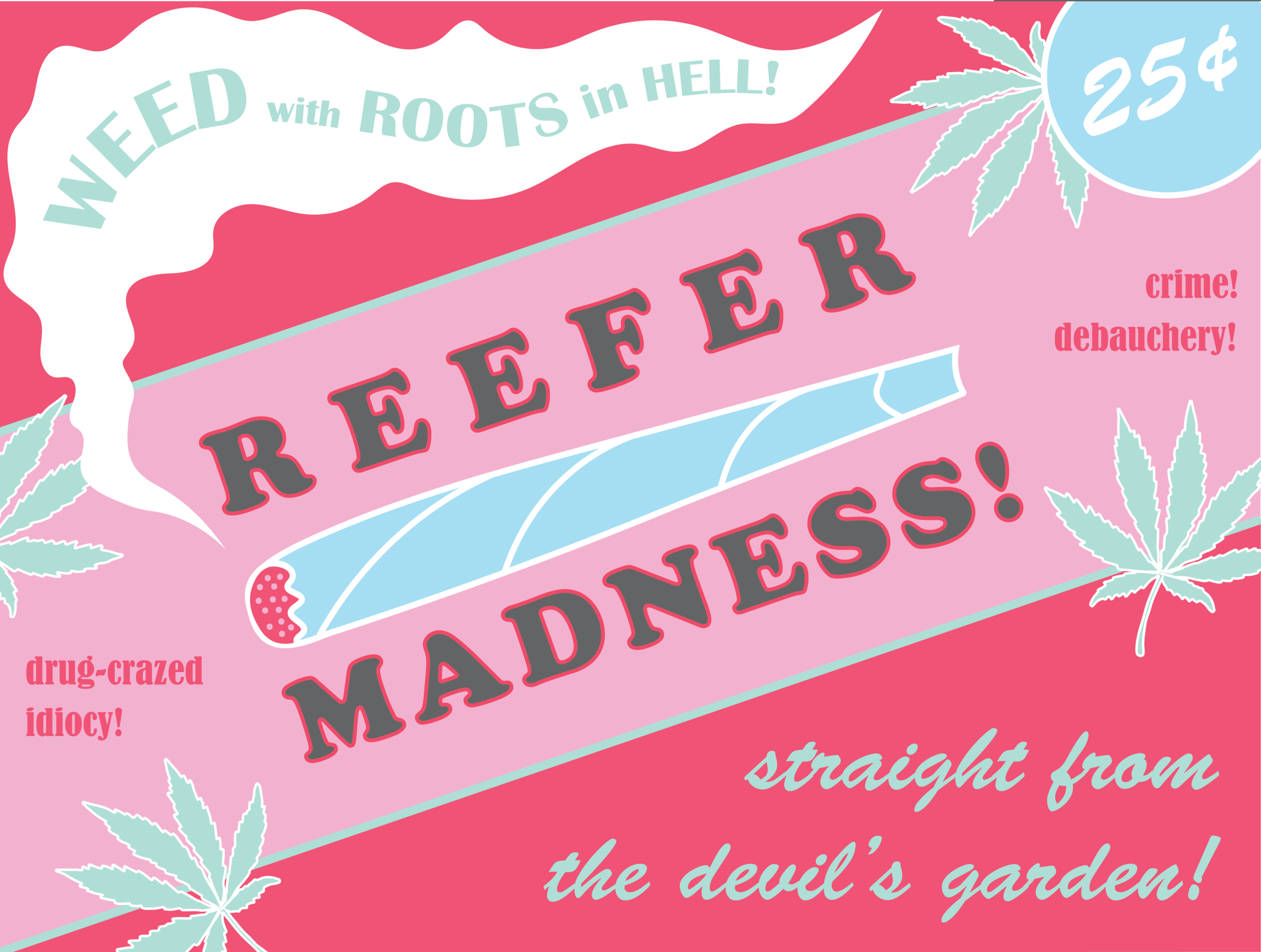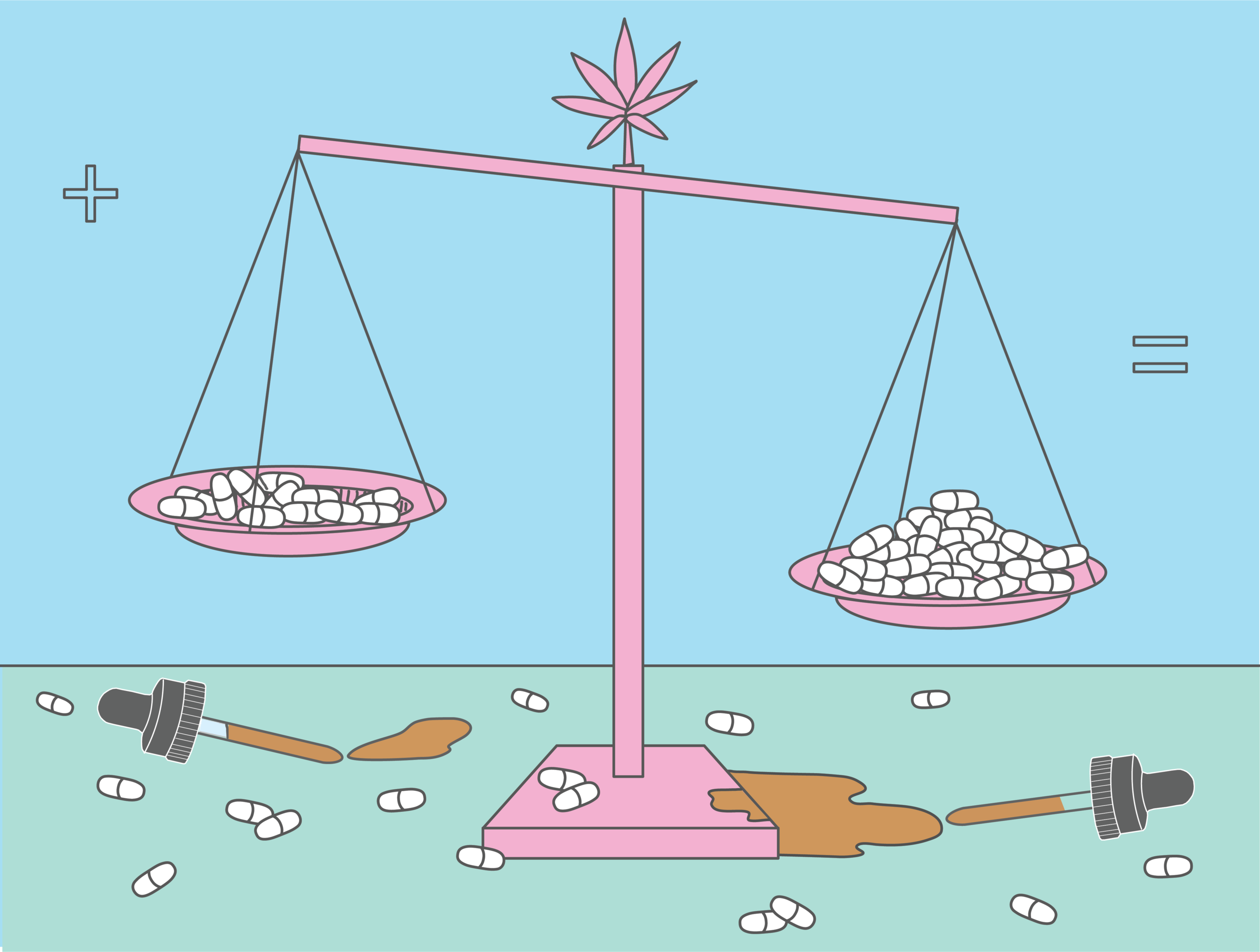Proof’s blog content is written and created by Proof staff.
Check out the posts below to learn more about the world of cannabis!
Learn what Full Spectrum Oil (FSO), also called RSO or FECO, really is. Discover how it’s made, its history, potential benefits, and the best ways to use it.
When my dog elder dog Vela began struggling with joint pain, anxiety, and skin irritation in her senior years, CBD gave her real comfort. In this post, I share how we used CBD drops to support her daily—offering gentle relief and a better quality of life.
Explore how cannabis can help pets with pain, anxiety, and sleep. Learn about safe CBD and low-dose THC use for animals, with product recommendations.
Cannabis Topicals: some of the most effective and misunderstood cannabis products on the shelves. In this blog, we’ll try to break down some of the mysteries of topicals, explain some of the known benefits, and show you how to choose the right topical for you and your needs. We’ll focus first on some of the Topicals FAQs and describe some of the effects and benefits of Proof Topicals.
Learn How to Better Control Your High
THC is the shining star of the cannabis plant and offers many more than the munchie-inducer that popular culture imagines. This blog busts the myth that the only purpose for THC is to get you stoned, and will help you better understand how to dose THC to control your high.
Today is a sad day for the United States and the rule of law. In the Dobbs decision, the Supreme Court overruled Roe and Casey and held there is no constitutional right to abortion. The Dobbs decision will have generational effects that will continue to divide this once great nation. Abortion, like cannabis laws, demonstrate the massive legal and ideological divides in the United States.
Proof, a top California cannabis wellness brand, is excited to announce that co-Founder Julie Mercer-Ingram has accepted the role of Chief Executive Officer. Since founding Proof in 2016, Julie has served as General Counsel and Creative Director. With a deep commitment to cannabis wellness, Julie is on mission to make cannabis more inclusive and affordable.
A not-so-secret secret: cannabis makes sex better! Two words describe what happen when you combine cannabis and sex: euphoric orgasms. As if you’re used to black and white and you can now see in color. It’s an experience that more people, especially women, should try…because it’s just that good.
CBG (Cannabigerol) is a cannabinoid made by the cannabis plant. It’s actually the “Mother” of all other cannabinoids, in the sense that the cannabis plant makes CBG before anything else, then turns some of those CBG molecules into the other cannabinoids you know and love: CBD, THC, etc. More people are moving to cannabis to see if it can help them with a wide variety of maladies.
Here we are: It’s June 2021, California is home to nearly 2500 licensed cannabis businesses. Billboards line freeways advertising discounted ounces, and “budtender” is common vernacular. Since June 1, most of these companies have placed a rainbow filter over their social media profile pictures to say “we stand with the Queer community,” and they should, because without the queer community, we wouldn’t be here today.
It’s no surprise that California has some of the most rigorous testing standards when it comes to cannabis. California routinely comes first when it comes to regulations and consumer safety. While cannabis standards are comparatively inconsistent with other similar industries, the good news is that regulated cannabis in California is some of the highest-quality, cleanest products you can find anywhere.
As a wellness company, we at Proof know what a powerful and important plant cannabis is. We have created our company out of a mission to share that knowledge, and improve access to the benefits of this plant. It’s important to us, in this mission, to remember how we got to where we are today.
CBD (cannabidiol) is one of many unique chemicals produced by cannabis plants. These unique chemicals are called cannabinoids. THC (tetrahydrocannabinol) is another one, better known for its psychoactive effects (aka, getting high). There are many more cannabinoids, such as CBC, CBN, etc. and each of them interact with the human body in different ways.
Finding the correct dose in cannabis can be tricky business, and not only for beginners! Everyone’s tolerance is so unique, how do you find your own sweet spot? What happens if you miscalculate? What happens if you get “too high”?
CBN (Cannabinol) is a cannabinoid produced by the cannabis plant. Like CBD and THC, it has its own properties and its effects are more pronounced when taken in conjunction with other cannabinoids, rather than on its own as an isolate. Like all cannabis, studies on CBN are limited, however, according to the available peer-reviewed research, the following properties of CBN have evidence to support them:
“Full spectrum” is a buzz-phrase these days in cannabis, but what does it actually mean? If you ask four people, you might get four different responses. The truth is that the meaning of full-spectrum has changed over the years, and opinions about it have, too. So let’s dive into what types of extracts there are, and you can decide for yourself what full spectrum means to you.

















